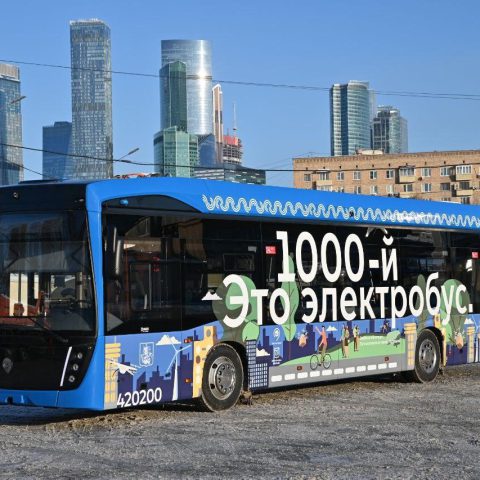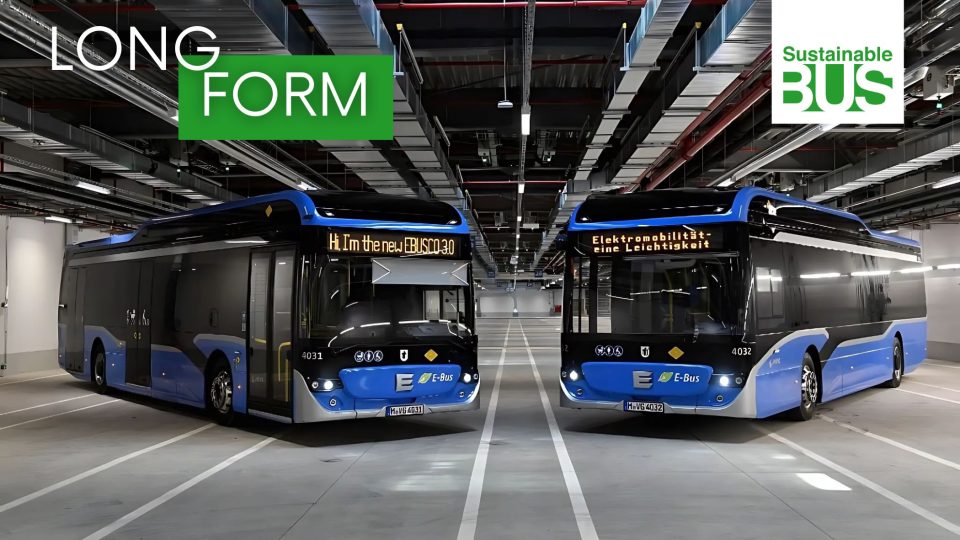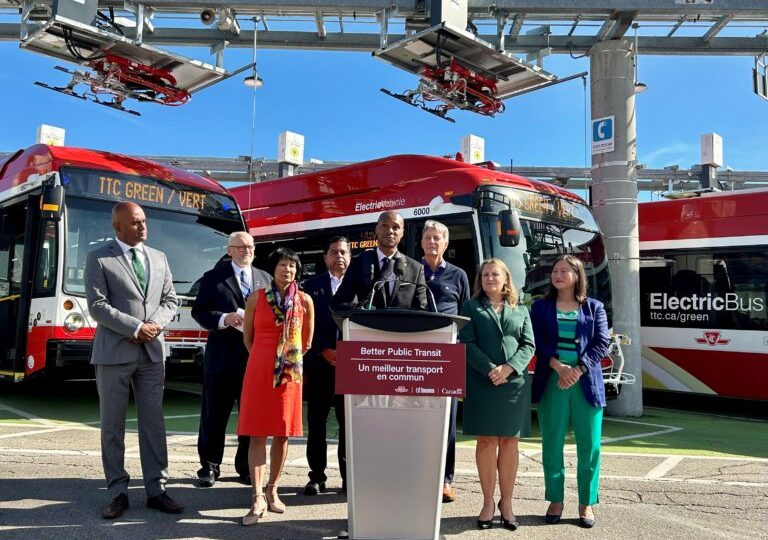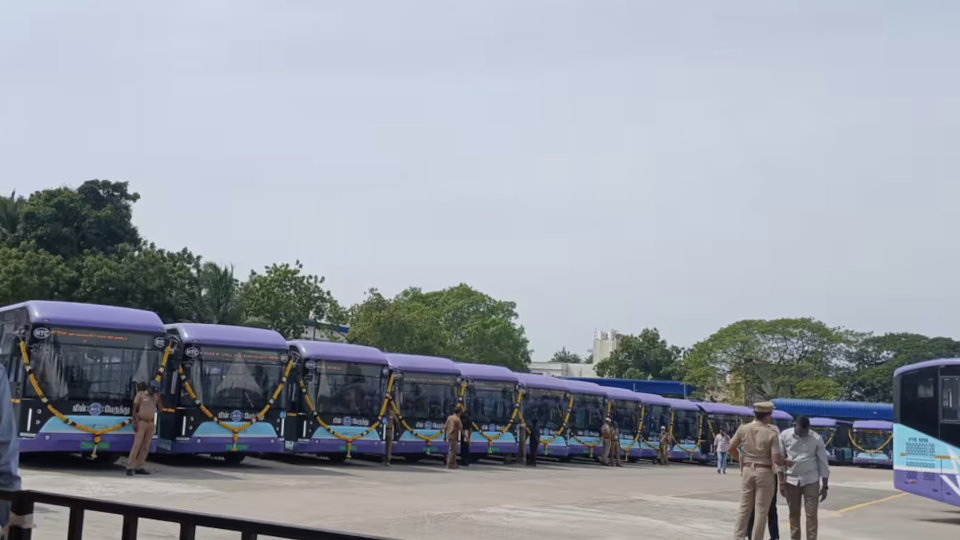Moscow welcomes 1,000th electric bus to the city
Moscow has demonstrated European and American leadership in the number of electric buses in the city: the capital of Russia, in fact, launched the 1,000th e-bus. This electric bus became the 400th vehicle purchased with Green Bond funds. The goal of the project is to show how such collaborations can help make the city greener, […]

Moscow has demonstrated European and American leadership in the number of electric buses in the city: the capital of Russia, in fact, launched the 1,000th e-bus.
This electric bus became the 400th vehicle purchased with Green Bond funds. The goal of the project is to show how such collaborations can help make the city greener, as well as to draw attention to environmental protection. Therefore, the design of the 1,000th electric bus is special, in an eco-friendly style.
Electric buses were launched in Moscow more than 3 years ago, in 2018. Meanwhile, this innovative surface transportation has proved its efficiency. It has been launched on 66 bus lines, covered 60 million kilometers and carried more than 150 million passengers. In addition, Moscow is actively developing its charging infrastructure. Today there are more than 168 charging facilities in the city. By the end of 2023, this number will increase to 500 stations.
Russian electric buses are very convenient and reliable. Each electric bus carries about 85 people. This transportation is also convenient for passengers with disabilities: electric buses are equipped with a low floor, ramps and storage areas. In addition, electric buses are equipped with gadget chargers on the handrails, climate control systems and multimedia screens. They also cope perfectly with extreme temperatures. For the fourth winter season in a row, the innovative transport worked without interruption. The temperature range of its work is from -40 to +40 degrees Celsius. The batteries are equipped with a temperature control system to prevent the vehicles from overheating in summer and freezing in winter.
In 2021, Moscow stopped buying diesel buses for the main surface public transport operator. Today, the city is focusing on green alternatives and keeping up with global electric vehicle market trends. Next year, Moscow plans to purchase 600 more electric vehicles. By the end of 2023, the city will have received more than 2,200 electric buses. Nearly 40% of the entire surface transportation fleet will be electric. Until 2030, the city’s entire transportation fleet will be green. To achieve the goal, the Moscow government will buy more than 500 electric buses per year and develop an innovative hydrogen bus model together with Kamaz and Rusnano.









